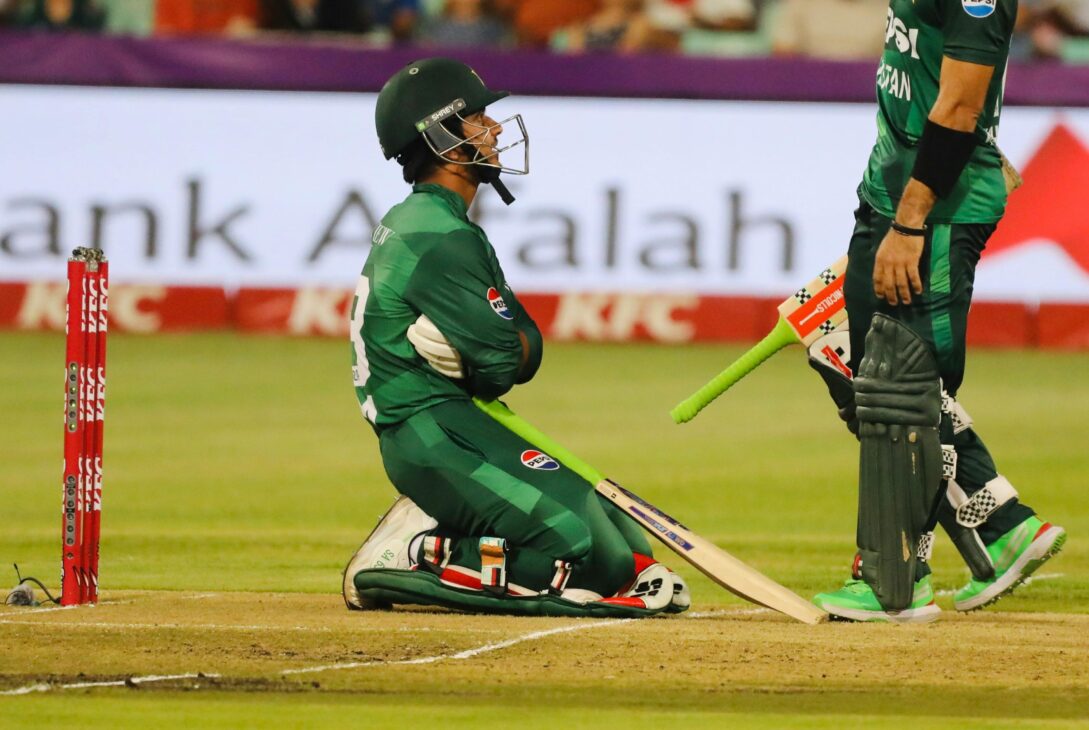Pakistan-India rivalry in cricket is one of the most intense in global sport. It’s not at all a simple match, but a battle of pride, pressure, and passion every time a match is played between these two nations. If we’re discussing T20 internationals, though, Pakistan’s record against India is hardly satisfactory at all. Out of the total matches played, Pakistan only managed to win three T20s against India so far. There stands a serious question here: Why does Pakistan always underperform against their arch-nemesis?
The Psychological Edge of the Rivalry
Pakistan-India matches are no ordinary games of cricket. They carry the weight of national hopes, political overtones, and media hoopla invested in them. Pakistani players generally head into these games carrying an enormous weight of mental pressure. India’s players, most of whom regularly feature in the Indian Premier League (IPL), would be generally more accustomed to facing pressure situations, but Pakistan’s players have, at times, failed in keeping their cool at crucial moments.
India’s Depth in T20 Cricket
India built a brilliant talent pool in T20 cricket by virtue of the IPL. Youthful talent in the likes of Suryakumar Yadav, Gill, and Abhishek Sharma have emerged through this system and given India depth and options in every department. Pakistan’s PSL is not of the same standard of finance and competition as the IPL. Even though the Pakistan Super League (PSL) is very competitive, it lacks the exposure and quantity of international-standard players given by the IPL. And that then feeds through into India usually having better bench strength.
Unpredictable Batting
Pakistan batting earlier was never trustworthy in T20s. While at the top there was solidity ensured by Mohammad Rizwan and Babar Azam, the middle order never proved trustworthy. Against India, which encounters major bowling assaults and pressure conditions, Pakistani batting collapses have become an annual phenomenon. India, though, does have finishers aplenty in the likes of Hardik Pandya, Ravindra Jadeja, and Axar Patel who can turn games on their head.
FIELDING AND FITNESS ISSUES
Modern T20 cricket needs fitness, fast fielding, and fast reflexes. Whatever was the area, Pakistan used to lag behind in this aspect. Missed opportunities for drops and misfields in pivotal matches against India have cost Pakistan dearly. Fitness and athleticism come first for India, and most of the time, India succeeds in the war of fielding, and this determines the war in closely contested games.
Limited Exposure of Indian Players
Since Pakistani cricketers do not feature in the IPL, there is no firsthand exposure to India’s rising stars and strategies. Indian players, however, get exposed regularly to international names in their domestic league, and this is an exposure of actual worth. It thus forms a knowledge gap since Pakistan’s bowlers end up facing India’s batting lineup for the first time under conditions of pressure without previous exposure.
Big-Match
India has shown superior big-match temperament at World Cups and Asia Cups. Indian cricketers look at ease under pressure, and Pakistan has succumbed at important moments. For instance, in the match of the 2022 T20 World Cup, Virat Kohli’s mature but aggressive innings reflected Indian cricketers’ capability of dealing with big-pressure situations calmly.
Dependence on a Few Players
Pakistan’s strategy in T20 cricket is greatly dependent on few match-winners—obviously, Babar Azam, Mohammad Rizwan, and Shaheen Afridi. If these few failing, there is no come-back for the team. India, however, diverts credit into a larger array of match-winners, and thus, less dependent upon any of these match-winners.
Conclusion
Pakistan’s tally of just three T20 wins over India is a combination of mental tension, fluctuating batting, poor middle order, and fitness issues. As long as Pakistan does not develop more depth in the squad, does not fortify its middle order, and does not get better at dealing with pressure, the rivalry will remain tilted towards India. But cricket is unpredictable. With new young talent emerging through the PSL and improvements in fitness and strategy, there’s hope Pakistan can turn things around. A win will turn things around in terms of momentum—and when you’re discussing Pakistan and India, momentum is everything.
Would you like us to expand on any specific contributions in more detail?




